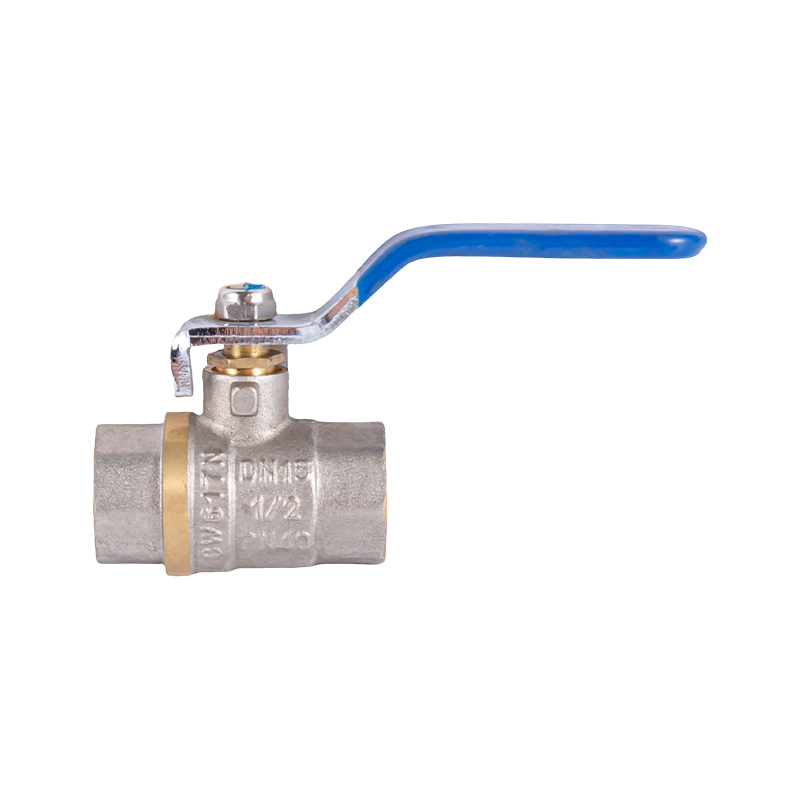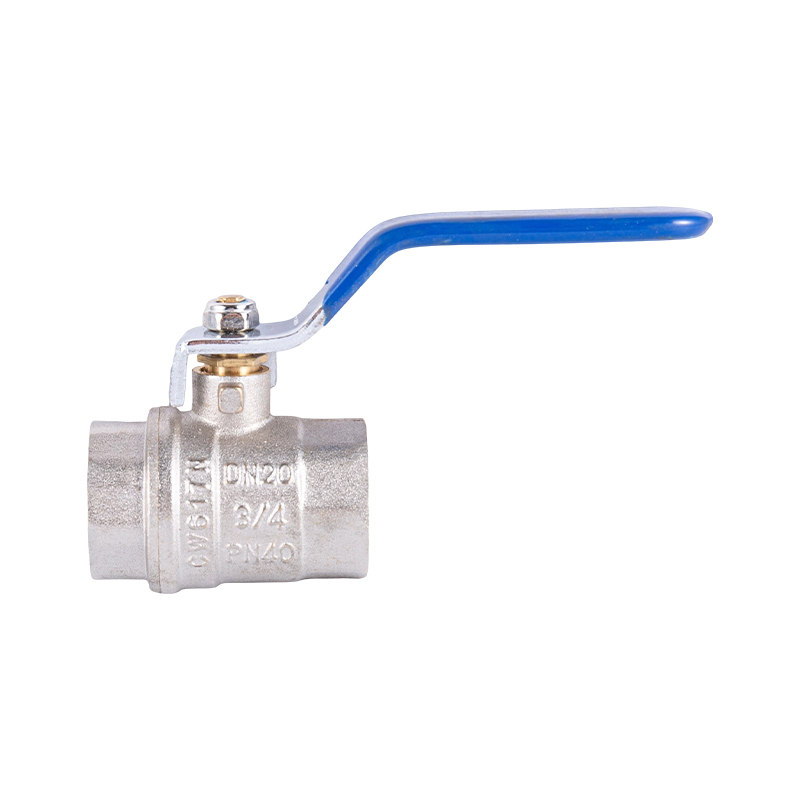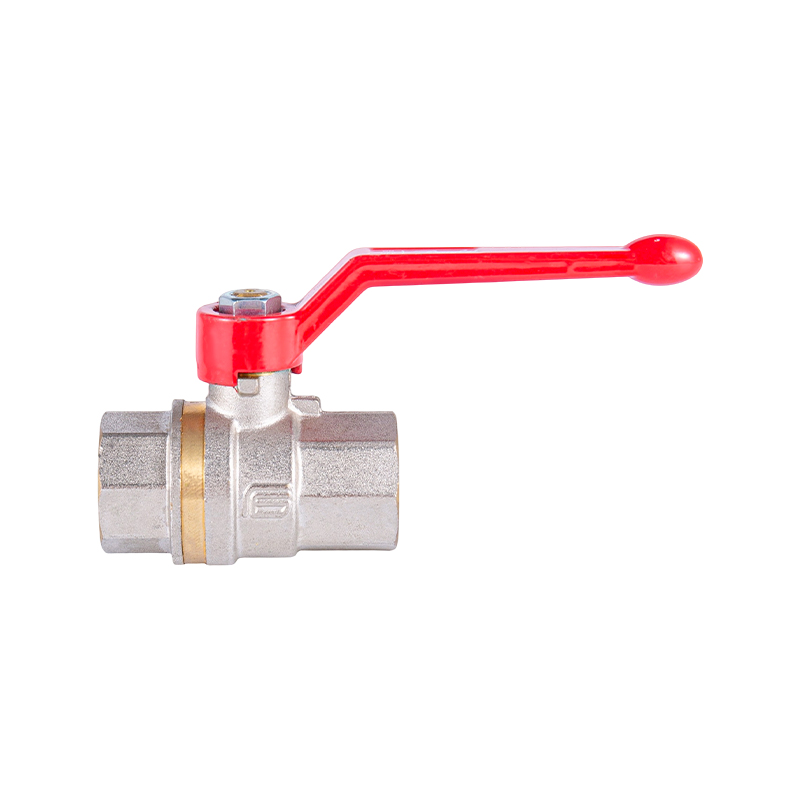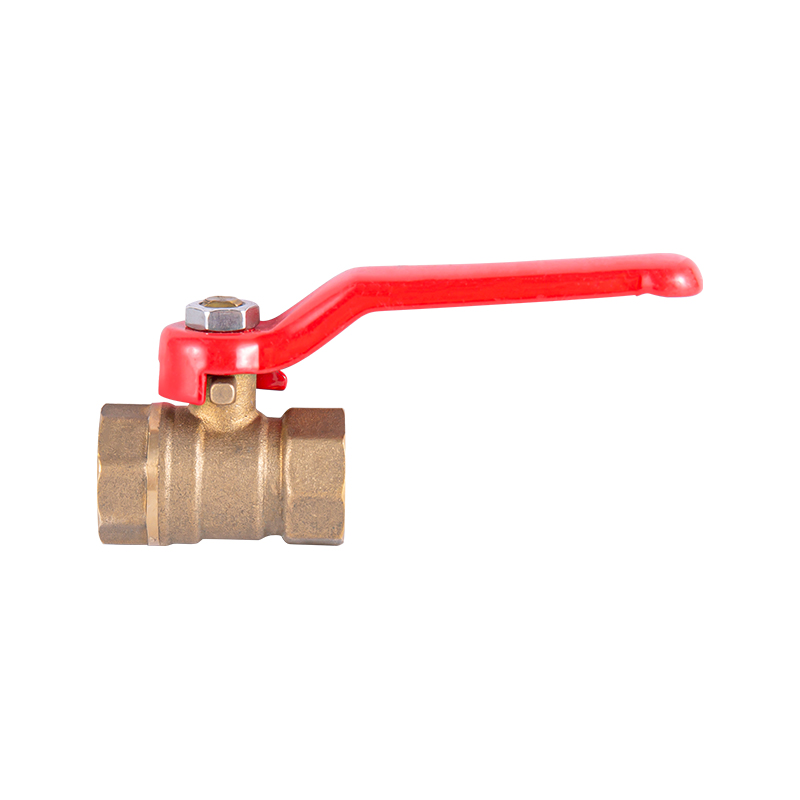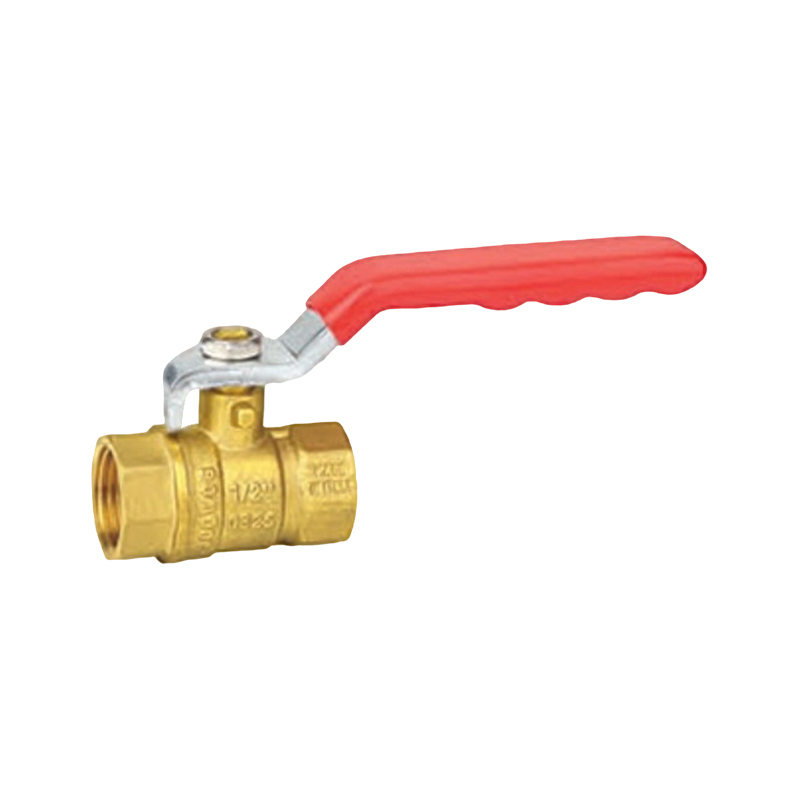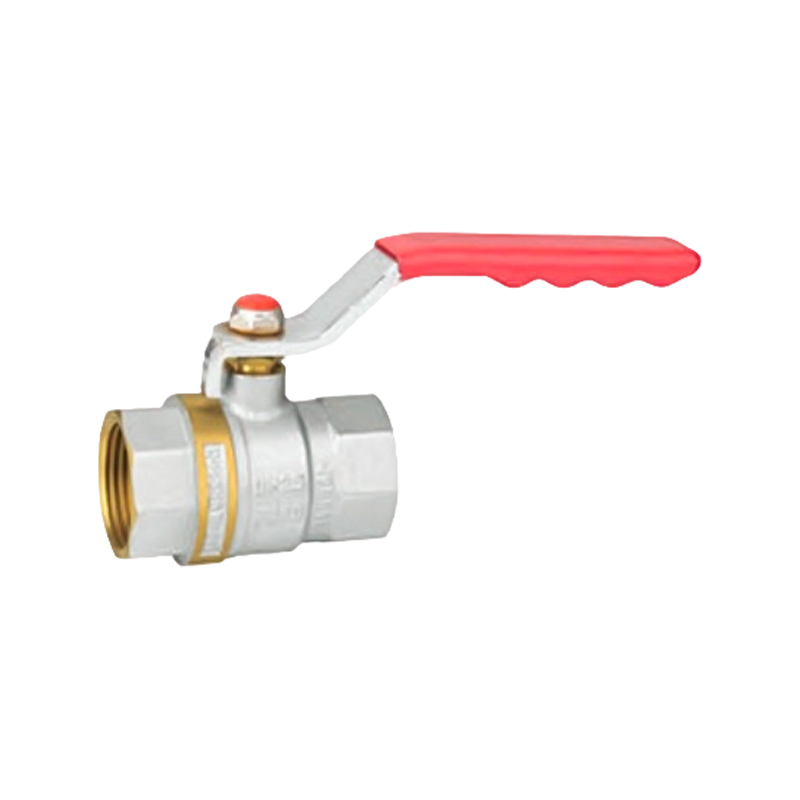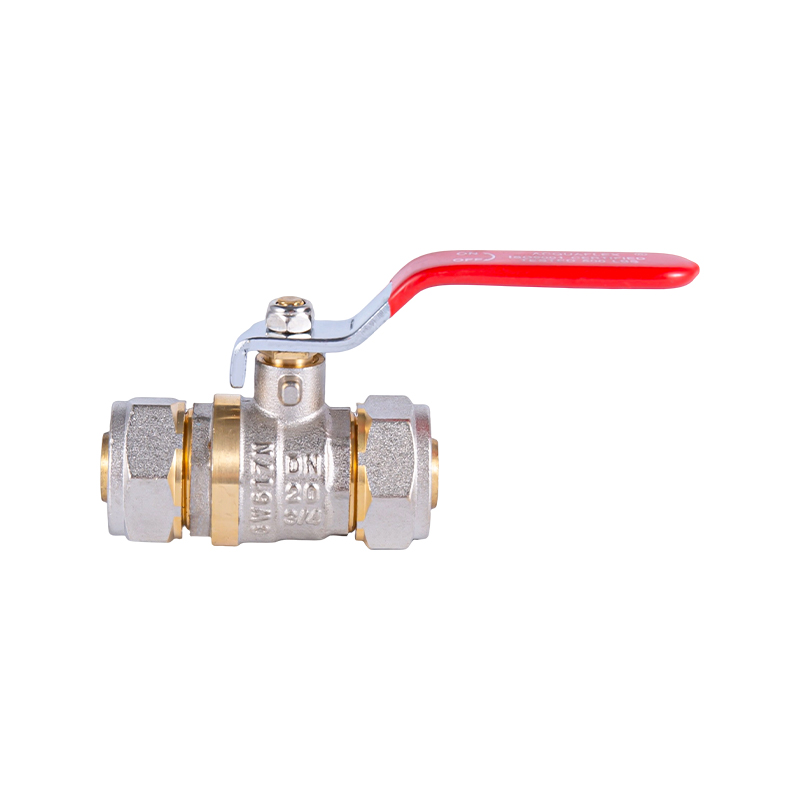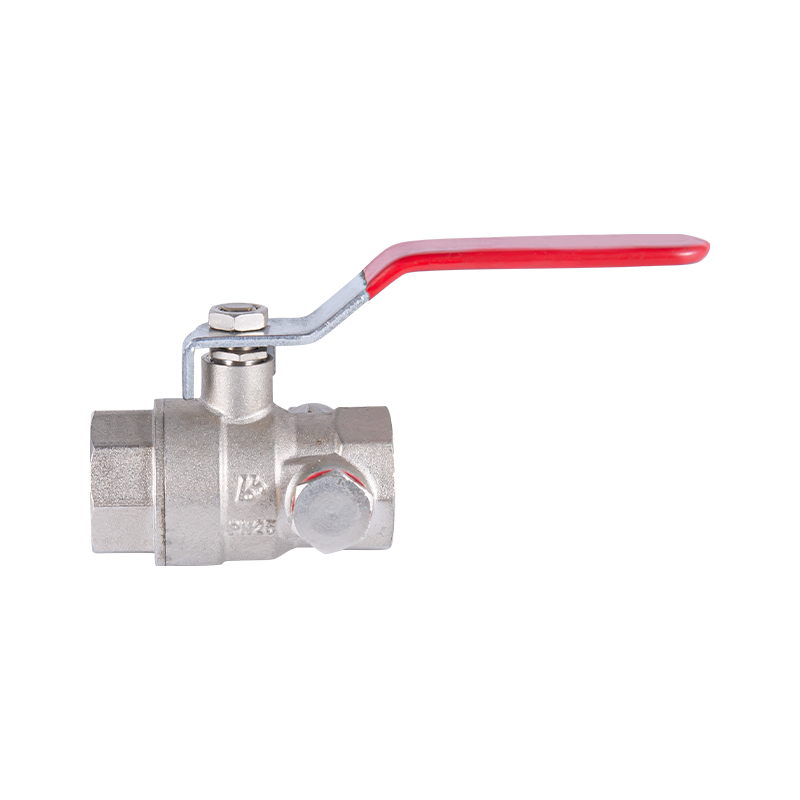The Role of Mini Flow Valves in Modern Automation Systems
Modern automation systems rely on a combination of precision, efficiency, and adaptability to meet the diverse needs of various industries. One key component in achieving these objectives is the mini flow valve. These small but highly functional valves are designed to regulate the flow of liquids and gases in automated systems, playing a crucial role in optimizing performance and enhancing the reliability of the system. By understanding how the China mini flow valve functions and its benefits, we can see why it has become an essential tool in many contemporary automation applications.
A mini flow valve is specifically designed to control the flow of fluids in small-scale or space-constrained systems. In modern automation, precision is critical, and the flow valve excels in this area. Automation systems often require accurate control over fluid flow to ensure that processes run smoothly. For example, in a food processing line or a pharmaceutical manufacturing process, even slight variations in flow can affect the final product’s quality.
The mini flow valve helps to fine-tune the flow rate, allowing automated systems to maintain a consistent output while reducing waste. This level of control is especially important in systems where small amounts of fluid are required or where frequent adjustments to the flow rate are needed.
One of the significant advantages of the mini flow valve is its compact size. In modern automation systems, space is often limited, especially in applications that require high precision and small footprint components. Traditional valves, while effective, may be too large for these systems, creating installation and integration challenges. The flow valve solves this problem by offering the same functionality as larger valves but in a much smaller form.
By incorporating mini flow valves into automation systems, engineers can optimize space without compromising performance. This makes them ideal for industries where compact systems are necessary, such as in robotics, laboratory setups, or small-scale production lines.
The Wholesale Mini Float Ball Valve contributes to the overall efficiency of modern automation systems. In these systems, even small adjustments can have a significant impact on energy use, production speed, and material waste. By ensuring precise fluid flow, a flow valve helps streamline operations, reducing inefficiencies that might otherwise arise from imprecise flow control.
For example, in systems where air or gas flow needs to be regulated, a mini flow valve can ensure that only the exact amount of fluid required is used, preventing overuse and conserving resources. This efficiency not only improves system performance but also contributes to cost savings in energy and material consumption.
Automation systems span a wide range of industries, from manufacturing and healthcare to agriculture and energy. The versatility of the small Ball Valve Factory makes it a valuable component in numerous applications. Whether it’s controlling the flow of water, chemicals, gases, or oils, the flow valve can be adapted to suit various needs.
Reliability is a key factor in the success of any automation system, and the mini flow valve plays a significant role in ensuring that systems operate continuously and without disruption. These valves are built to withstand harsh operating conditions, such as high pressures, varying temperatures, and exposure to chemicals or other corrosive substances.
The durable construction of the mini flow valve helps extend the life of the entire automation system. By reducing the need for frequent replacements or repairs, the flow valve ensures that systems remain functional over long periods. This reliability is essential in automated manufacturing lines, where downtime can be costly and disruptive.
In conclusion, the mini flow valve plays a pivotal role in modern automation systems, contributing to space efficiency, precision, reliability, and cost-effectiveness. Whether used in manufacturing, medical devices, or chemical processing, these valves provide essential control over fluid flow, helping to streamline operations and optimize system performance.
-
Feedback


 English
English 中文简体
中文简体 русский
русский Email us now!
Email us now!
